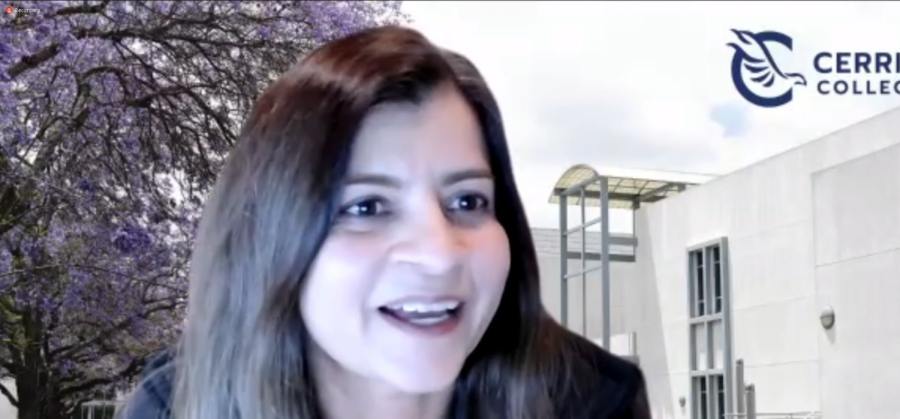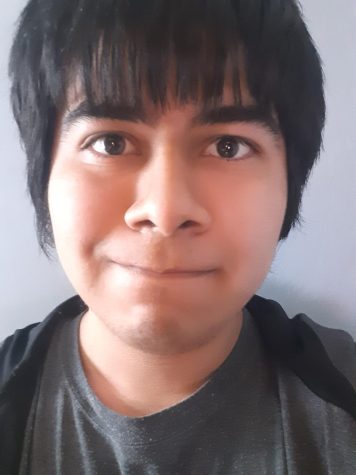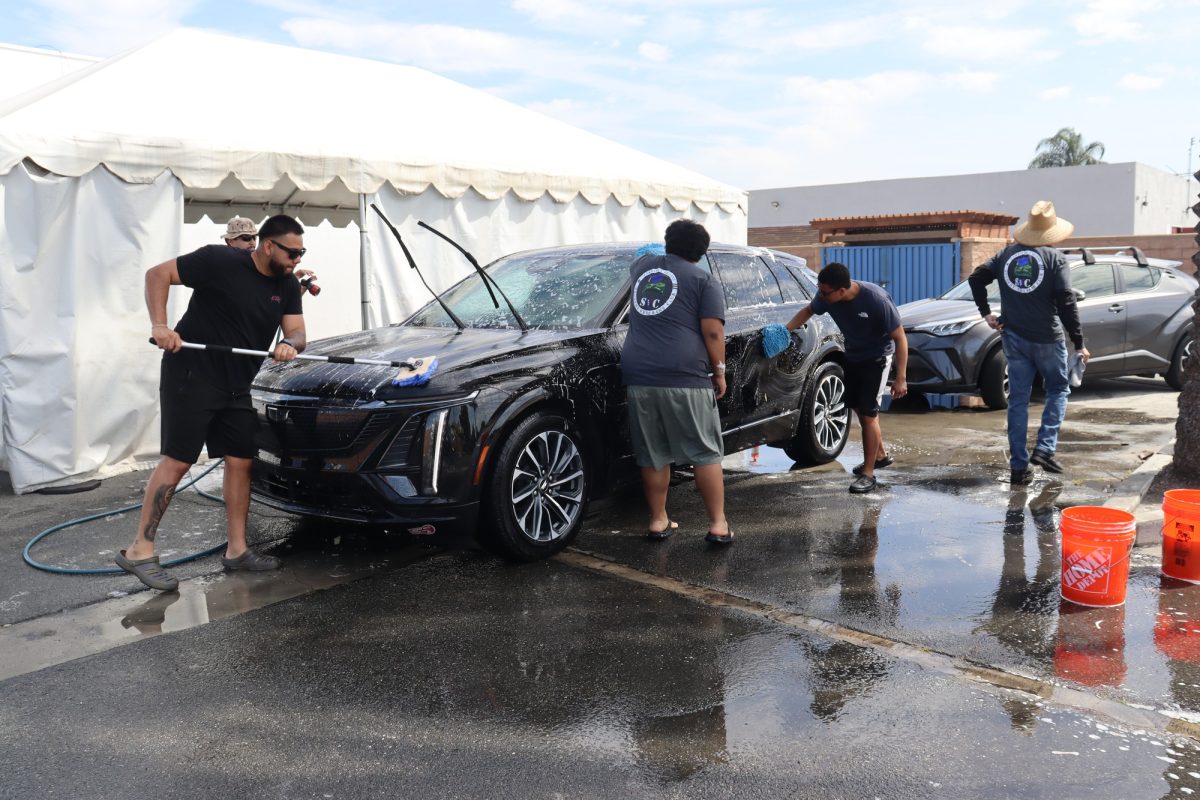Sahaas for Cause and its panel of South Asian females were invited by Cerritos College to speak on the challenges that have arisen in US culture as well as in fellow South Asians in a Zoom meeting that was held on Feb. 3.
Sahaas for Cause is a nonprofit organization that seeks to uplift the overall quality of life for South Asian immigrants of every generation arriving in SoCal, as said by its leader, Executive Director Payal Sawhney.
Hosted alongside Student Activities Coordinator Amna Jara, the panel introduced itself, with Desi American women such as Sahaas’ FM Host Varsini Satish as well as Co-President Sanchi Kohli of Sahaas Youth joining.
Desi is the term used to refer to individuals from India, Pakistan and Bangladesh.
Between every generation is typically a sort of cultural shift that varies from person to person, but as one goes through these stories, it’s important to know the generations.
First-generation immigrants like Doctor Sheetal Ayyatan are from countries other than the one they’re in as of now.
“When I immigrated to [the] U.S. getting back to a working environment in a foreign culture—and especially with the newfound language barrier, that was the biggest challenge… It [was] like learning to speak English all over again,” said Ayyatan.
However, 1.5 generation immigrants such as Satish are individuals who migrated with their parents.
“I grew up seeing like my mom, women in our community, and women in general, prioritizing the needs of everyone else around over their own… It was this big watershed moment for me when I started to get a little older and realized that I can prioritize my needs, my preferences, my choices over what is quote-unquote ‘expected’ of me,” said Satish.
Another issue raised by Satish was that Desi culture mandated romantic relationships in which both were expected to carry on until marriage and beyond; an ideal that would later encourage her to be more strong-willed when dealing in related incidents.
Second-generation immigrants like Kohli are those born to the first generation.
“The biggest challenge that I faced is because my parents didn’t go to school here at all—they did all their schooling in India—so it was very different for me in terms of [education],” said Kohli. “Especially in high school when we’re going through the college application process… when we need to get advice from someone it’s difficult to get that steady support system.”
What is also equally frustrating is the lack of federal holidays for Indian ones like Holi, which are culturally important to Desi Americans who are unable to celebrate until the weekend when there isn’t work.










